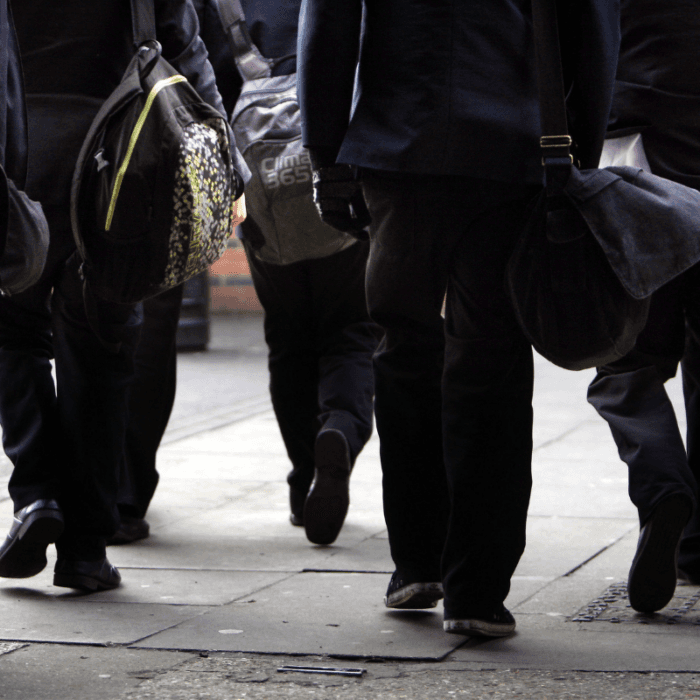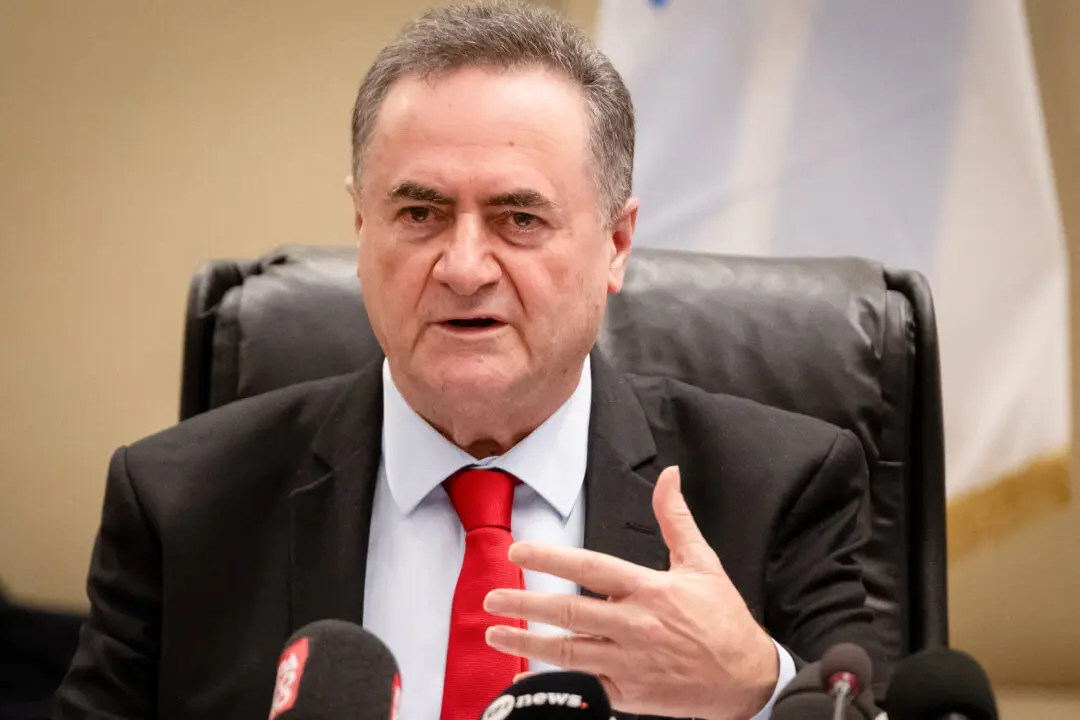Nearly a million children have been referred to youth mental health services, with the Children’s Commissioner saying that this generation of young people have experienced “uniquely uncertain and challenging times,” including the COVID-19 pandemic.
Of those, almost 305,000 entered treatment while some 372,800 (39 percent) had their referrals closed before accessing the service.
More than a quarter of a million (270,300) children were still waiting at the end of the year, while around 32,200 waited for more than two years for their second contact from CYPMHS.
The report also revealed that boys, white children, and younger children all waited for longer periods of time for support on average.
Boys waited a median of 46 days compared to 29 days for girls. White children waited for a median 35 days, while Asian and black children waited the shortest length of time, a median of 19 and 25 days, respectively.
‘Not Surprising’ Children Are Experiencing Mental Health Problems
The Children’s Commissioner warned that “there is a growing group of children who are struggling with their mental health,” which she puts down to several factors, including having spent their formative years during the COVID-19 pandemic and the cost of living crisis.“This generation of children has experienced uniquely uncertain and challenging times,” Dame Rachel said. “Some have spent some of their most formative years isolated and indoors, fearful they or their loved ones may catch a deadly virus. They have felt the squeeze of a cost-of-living crisis, and are keenly aware of the pressure their parents are under.”
She also pointed to children being “constantly bombarded by negative news, of wars and climate catastrophe.”
Dame Rachel added that an “increasing number” of children are “exposed to the harmful impact of social media, cyber bullying, and online exploitation.”
1-in-5 Young People Have Probable Mental Health Disorder
Responding to the Children’s Commissioner’s report, an NHS England spokesperson said: “Latest figures show the NHS is treating more young people than ever before with 48% more children and young people accessing support since 2019/20, and the health service is expanding this provision as quickly as possible within the current five-year funding arrangements to meet this rising demand.“But we know there is more to do which is why plans are also in place to ensure more than one in two pupils in schools and colleges have access to an NHS mental health support team by spring 2025—significantly ahead of the original target.”
In November 2023, the NHS published the results of a survey suggesting that one in five children and young people in England aged 8 to 25 has a “probable mental disorder.”
The drop-in centres offer mental health services such as counselling, psychological therapies, and group work. Young people access them without needing a referral from a GP or school, and they are available for those who may not meet the threshold for receiving support via the NHS.
In February, the Resolution Foundation released a study which suggested that more young people were experiencing mental health problems than 20 years go.
The research, funded by the Health Foundation, found that 34 percent of people aged 18 to 24 had reported experiencing symptoms of a common mental health disorder like anxiety, depression, or bipolar disorder in 2021–2022, a significant increase on 2000, when that proportion stood at 24 percent.






